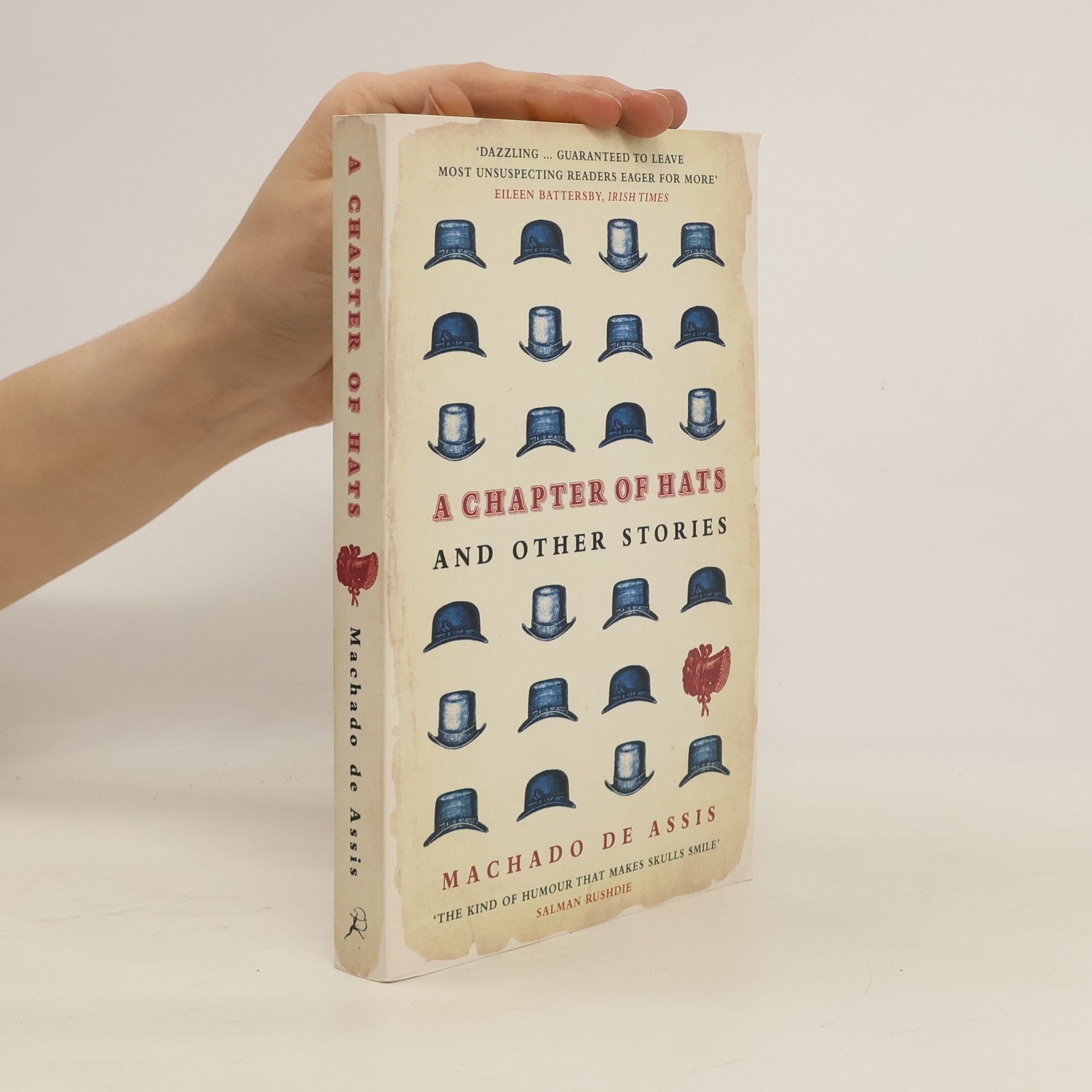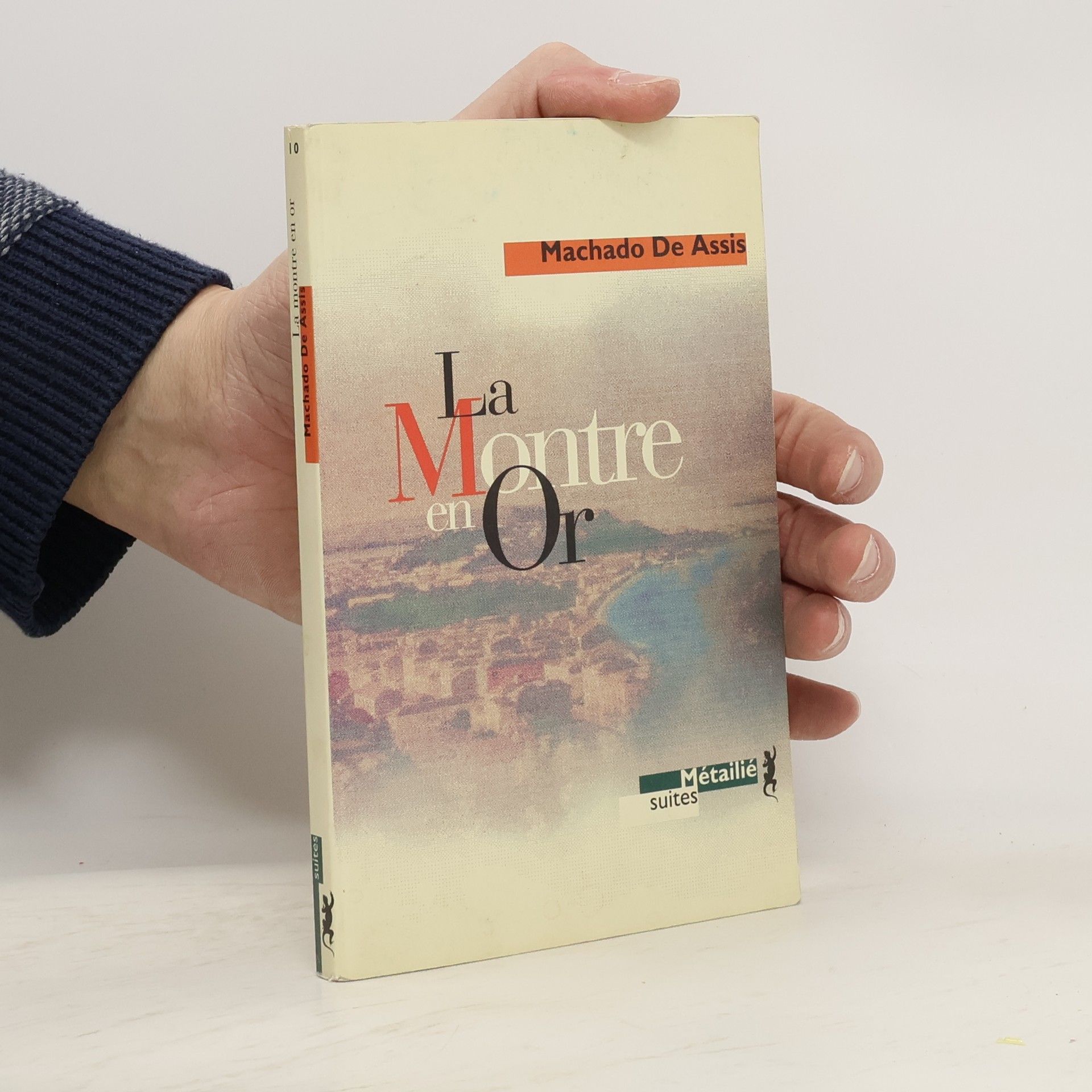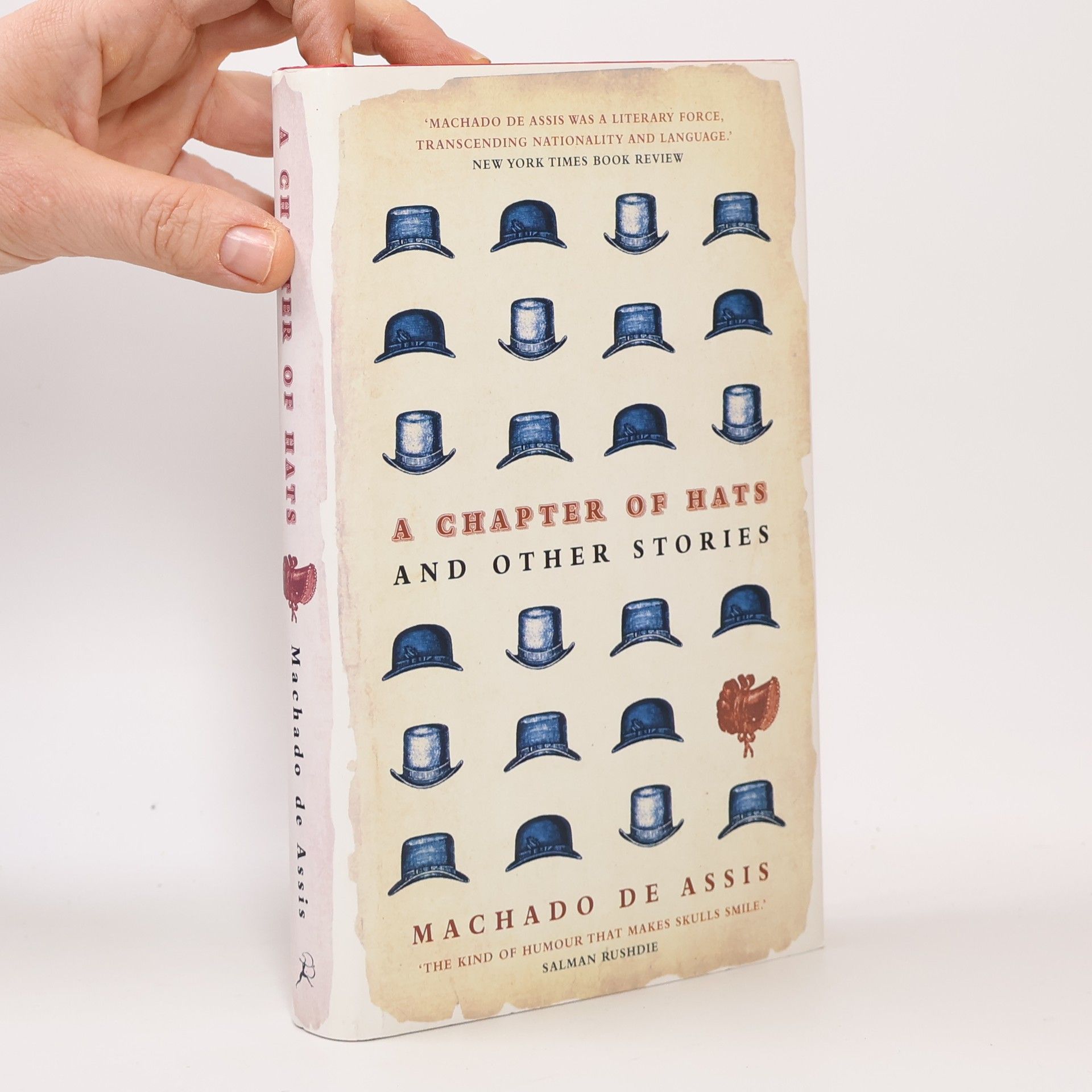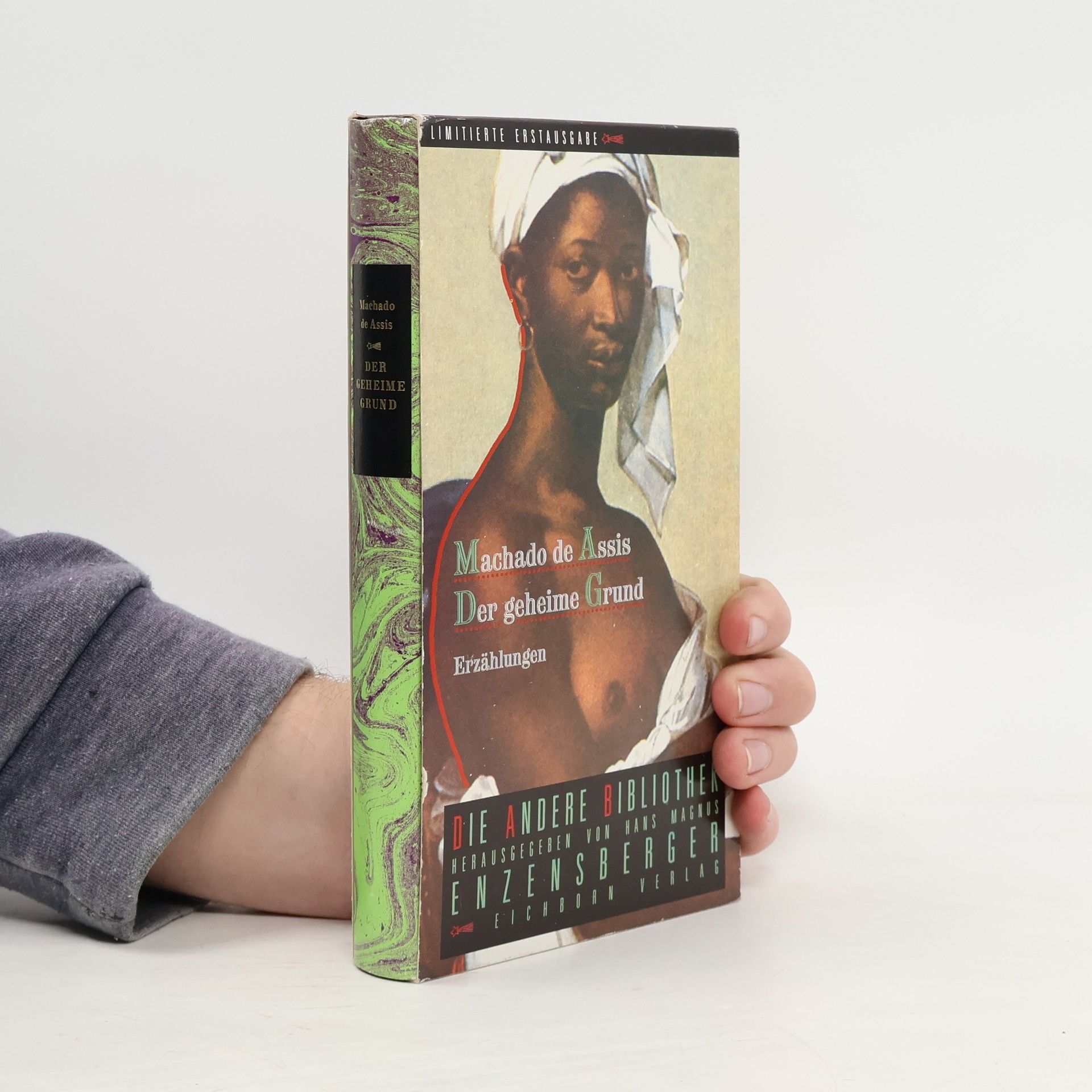Suites: La montre en or
- 162pages
- 6 heures de lecture
Une montre en or apparaît sur une table de nuit; les bras d'une femme troublent un adolescent; une cartomancienne révèle un avenir radieux; un miroir ne reflète plus un jeune homme et permet la naissance d'une nouvelle théorie sur l'âme humaine; une jeune femme sage se donne à un passant; un compositeur est saisi par la polka; une dame refuse obstinément de vieillir; un jeune homme écoute une femme, un soir de Noel, et ne comprend plus rien...... L'auteur met en scène ces situations pour l'intense plaisir du lecteur qui y retrouve la joie, le bonheur et l'incertitude qui ravit l'intelligence.







